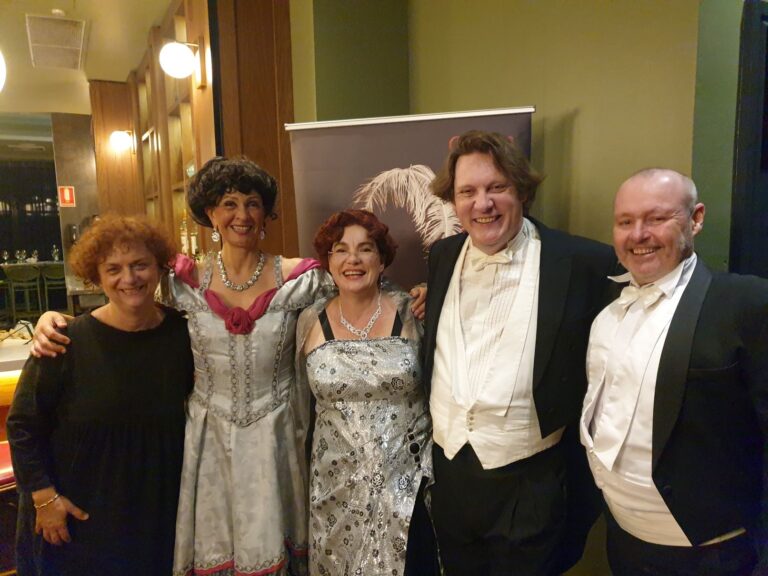
New government could spell better race relations
BY ALEX MCDONALD
Australians are becoming more tolerant following the Howard Government’s demise, the chair of the Community Relations Commission says.
Stepan Kerkyasharian said all governments have the ability to galvanise public opinion, particularly on such divisive issues as race relations.
‘After 9/11 and after Tampa some of the federal leaders under the Howard Government did not send positive messages,’ said Mr Kerkyasharian, who is also president of the NSW Anti-Discrimination Board.
‘Since the change of government there’s been a more positive approach to things. I move around in many communities and I feel the positive change coming.’
Contrasting this picture of racial tolerance is a recent study from the University of Western Sydney, which found one in 10 Australians is openly racist.
But Stepan Kerkyasharian said some racial prejudice was natural in any country which experiences large-scale immigration.
‘I’m not prepared to stand up and say Australia is racist or NSW is racist,’ he said. ‘There is a degree of xenophobia but some of that is transitional and I think once migrants settle in that’s very likely to dissipate.’
Mr Kerkyasharian grew up on the Mediterranean island of Cyprus. He first moved to London at the age of 17 and later moved to Sydney and has watched Australia’s demography evolve over the past four decades.
Kevin Dunn from the University of Western Sydney has also been monitoring the levels of racial tolerance Australia-wide for some time. His most recent study found that people in NSW are more likely to hold racist views than those in other states. He also found that women and younger Australians are more open to cultural diversity than other Australians.
Professor Dunn said multiculturalism is no guarantee of social unity.
‘Where there’s more cross-cultural contact there’s more scope for bad contact,’ Professor Dunn said.
A 34-year-old Redfern doctor who left Iran with her family when she was 11 told The City News she had encountered racism in the workplace, although such incidents were rare.
‘Someone did call to make an appointment with our secretary,’ she said, ‘and he asked where I was from’ It was around the time of the Haneef case and I did wonder if he thought I was dodgy.’
While Professor Dunn believes racial prejudice will never completely disappear, he said many Australians, particularly those in the bigger cities, are becoming more comfortable with cultural difference.
‘The socio-economic profile of [inner Sydney] is one of affluence which is normally associated with more tolerant attitudes,’ he said. ‘On average, there are higher levels of education in those parts in the city. That has a dramatic affect on tolerance levels as we found across Australia in our survey.’
Yet affluence is not always synonymous with tolerance. In a separate study from 2005, Professor Dunn found that wealthy areas like Mosman and Woollahra were among the least racially tolerant in the state.
‘[Those areas] are not so welcoming of diversity and a little bit fearful of it,’ he said.
Both Stepan Kerkyasharian and Kevin Dunn agree that racism is a highly nuanced form of discrimination. As a result, Professor professor Dunn’s study explored the various types of racial prejudice. For instance, one of the core questions asked respondents whether they believed ‘Humankind is made up of separate races’. In inner Sydney, more than 70 per cent of those surveyed agreed with that statement.
Professor Dunn believes this statistic shows that many Australians are overly preoccupied with race.
‘After the end of the Second World War, UNESCO, which is the United Nations body responsible for science and culture, undertook a review of whether or not there was something meaningful called race and came to the conclusion that there wasn’t.
‘In academia… the idea of race is now defunct. It’s only alive as a social concept, an idea that people have. As you can see, it’s a fairly widely held belief amongst ordinary people.’
Stepan Kerkyasharian, meanwhile, is more optimistic about Australia’s chances of achieving social harmony.
‘Suddenly we’ve got this Islamic presence and they worship differently to us,’ he said. ‘Then you develop some sort of phobia against them, which will dissipate in time. I’m convinced of that.’









